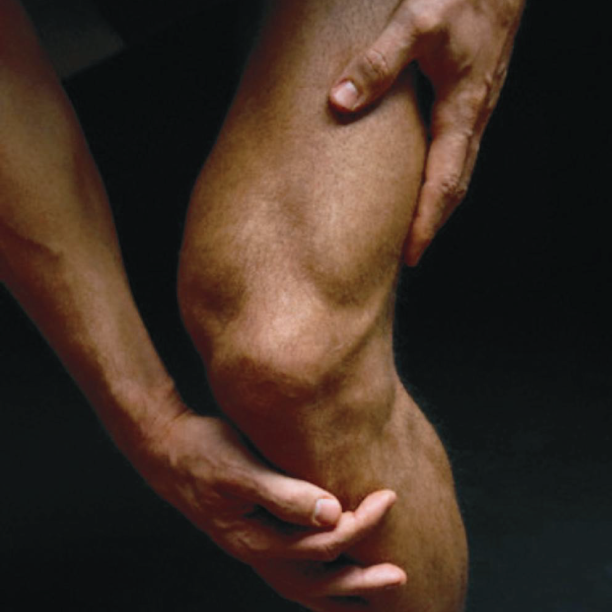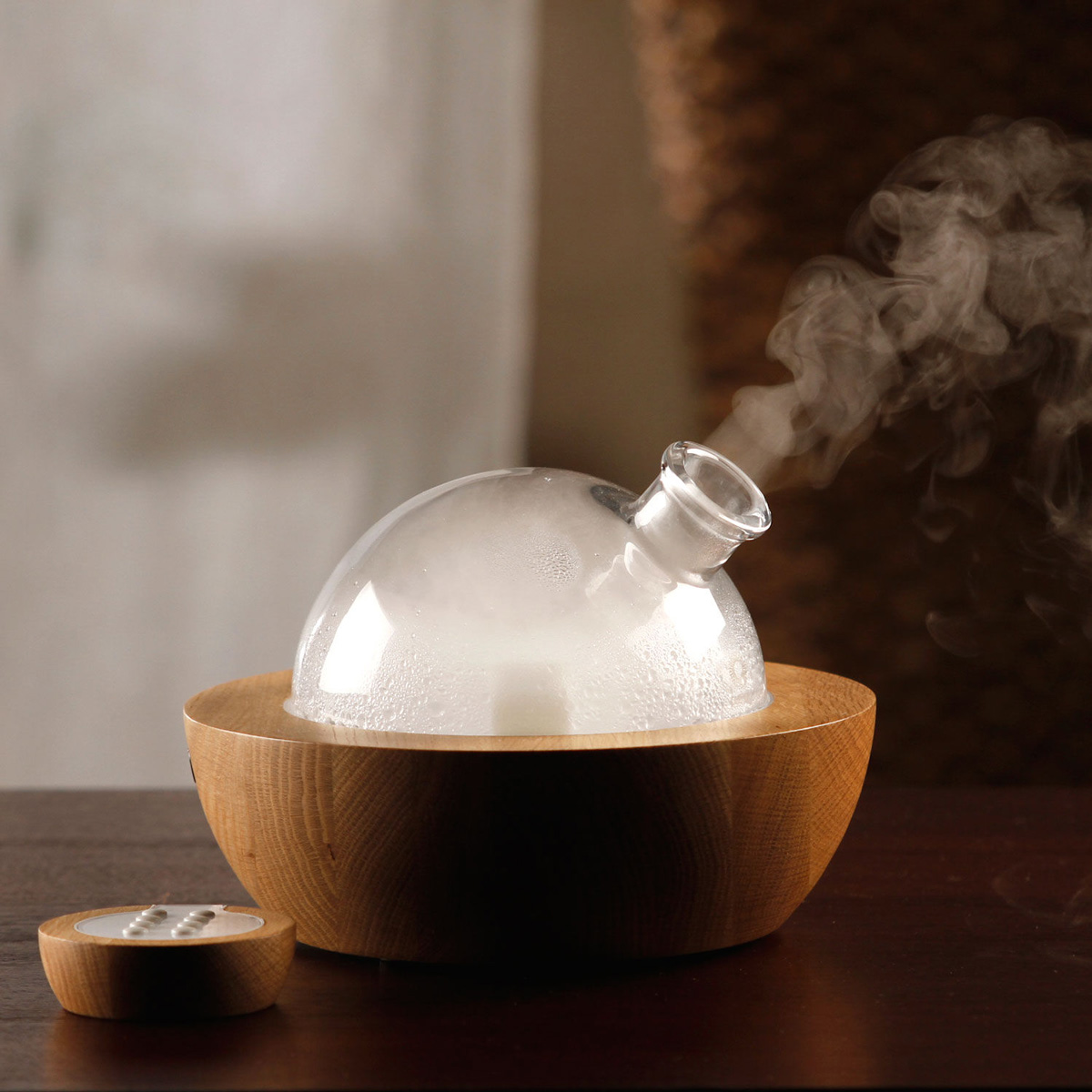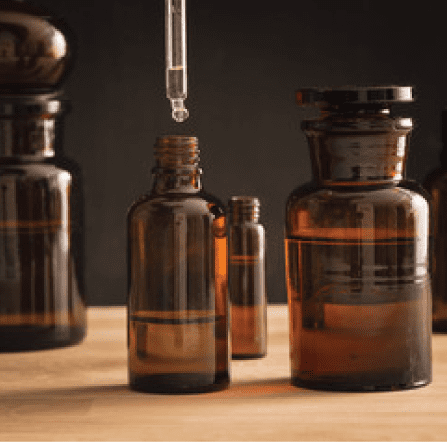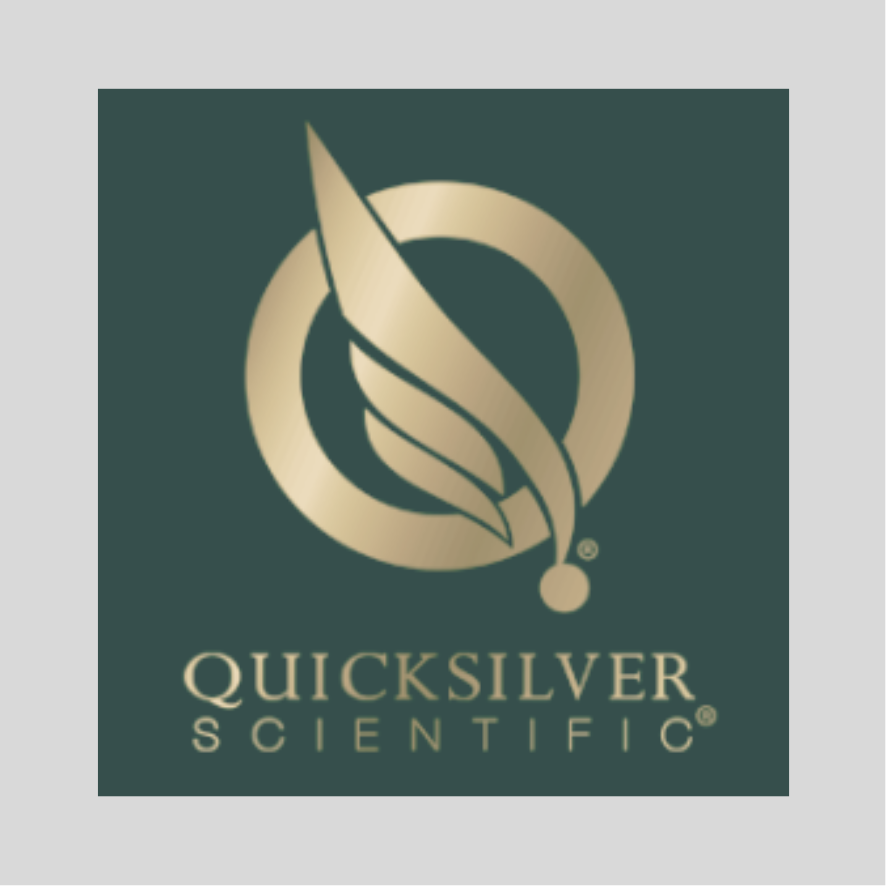WHAT IS FAR-INFRARED (FIR) RADIATION AND WHAT DOES IT DO?
Far-infrared rays are energy waves, invisible to the naked eye, which penetrate the surface of the skin, gently elevating the body’s surface temperature while activating our systems and functions.
A compilation, September 2017
Our bodies radiate far-infrared energy through the skin at wavelengths of between 3.0 and 50.0 microns or micrometres (µm), with most output at 9.4 µm. Our palms emit FIR energy at 8.0 to 14.0 µm.
Palm healing, a tradition that dates back 3,000 years in China, utilises far-infrared rays for their healing properties. Palm healers radiate energy and heat from the palms of their hands in much the same way as Reiki healers do. Research conducted in Taiwan has measured significant levels of far-infrared energy emitted from the hands of Qigong masters. Yogis in India employ palm healing and recommend it especially for relieving eye strain.
CLICK HERE FOR ALTERNATIVE HEALING CANCER CURE BOOKS
Natural Thermotherapy
Thermal therapy has existed for thousands of years and has been practised by people in civilisations as diverse as the Egyptian and Chinese, the Native American, the Roman and the Finnish.
Humans have long realised that exposure to sunshine enhances and maintains health. Sun therapy is a form of natural FIR thermotherapy and is essential for vitamin D production in our skin, but sunshine is variable according to the season. Far-infrared rays are the invisible rays of natural sunlight with the longest wavelength. We should enjoy sunbathing only in moderation because sunlight contains ultraviolet rays which can burn the skin—and there is no temperature control.
While healing technologies are available that emit far-infrared heat, they do not promote vitamin D production, but at least they don’t transmit ultraviolet radiation.
Couples who sleep together act as transmitters and receivers of FIR waves between each other. If you sleep alone, you act as a transmitter of FIR waves but receive none in return. When people sit together, they send and receive FIR vibrations between each other.
Thermotherapy Technologies
Over many decades, scientists have found evidence that heat can maintain and enhance the wellness of the human body. They have researched and developed more effective forms of thermal therapy that target specific areas and enable deep heat penetration.
Traditional forms of heat therapy can be hazardous, uncomfortable, unhygienic, inefficient and ineffective. Saunas, for instance, create extremely high temperatures, causing heat stress which can have detrimental effects on health, especially for people who have challenging heart conditions or must sustain their blood pressure. Thermal compressions and wraps can also be problematic: they are difficult to keep in place, don’t maintain a constant temperature and lose their heat easily.
Research and development in the 1960s, most notably in Japan and Germany, introduced far-infrared thermal technology and revolutionised treatment with its safe, effective, hygienic and efficient approach. There are now numerous health and medical professionals who use heat therapy technology in rehabilitation, in treating physical problems including sports injuries, and in detoxification. There are also professionals who provide heat therapies for animals. (See the PubMed.gov website for numerous citations of medical publications worldwide.)
Japanese Far-Infrared Applications
In Japan, researchers have developed a range of far-infrared technologies in the fields of healing, heating, preserving, cooking and drying. Over 150 significant patents were granted between 1977 and 1987. Among the far-infrared products available today are:
• sleeping pads and heaters for instant warmth, even though the air temperature remains cool;
• infrared sauna;
• plastic plates to keep fish and vegetables fresh for longer under refrigeration;
• ovens to replace harmful microwave ovens, allowing more uniform cooking;
• ceramics and ceramic paper;
• fabrics of wool and cotton impregnated with ceramic insulating powder, made into socks, gloves, jackets and car seats; they keep the body warm in a cold climate and provide passive FIR health benefits;
• hairdryers which are cooler, reduce damage to the hair, and dry the hair more quickly;
• panels for incubators used in maternity wards.
Far-Infrared Medical Healing
In the past 25 years, Japanese and Chinese researchers and clinicians have conducted extensive studies on far-infrared heat therapy, and they report many amazing discoveries. In Japan, an “infrared society” comprising medical doctors and physical therapists is dedicated to advancing research into hyperthermia and the benefits of far-infrared heat. Their findings support FIR thermal therapy as an effective healing method.
Dr Tadashi Ishikawa, who was working in the Research and Development Department at Fuji Medical, was granted a patent in 1965 for a zirconia ceramic infrared heater. The device was used in the first infrared thermal healing systems. Medical practitioners in Japan were the only ones using infrared thermal systems until 1979 when these systems were made available for general use. The technology was further refined into far-infrared systems.
These technologies have been sold in the United States since the 1980s. One application of far-infrared heat in America is in the form of panels used in humidicribs in hospital nurseries to keep newborns warm.
Far-infrared technology has produced outstanding results and is rapidly gaining recognition and acclaim around the world. Its benefits are phenomenal, taking its users beyond initial feelings of wellbeing and relaxation. There have been well over 700,000 far-infrared thermal systems sold in Asia for whole-body treatments. Over 30 million people have received localised FIR treatment in Asia, Europe and Australia with lamps that emit the same 2.0 to 25.0–micron wavebands as employed in a whole-body system.
Thermal Oncology in Germany
For over 80 years, physicians in Germany have been using an independently developed form of FIR in whole-body therapy.
The Klinik St Georg, a hospital in Bad Aibling, Germany, has a cancer treatment regime consisting of a week of detoxification and strengthening the immune system with diet and nutritional supplements, followed by two weeks of localised infrared hyperthermia treatment and low-dose chemotherapy. This regime has had positive results in treating cancers. Clinicians at the hospital found:
• FIR heat penetrates the body, raising its temperature to 42 °C (107.6 °F), thus heating cancerous cells; cancer cells die in temperatures above 42 °C;
• FIR heat allows capillaries to expand, thus enabling good circulation and reducing the potential for cancer cells to develop;
• FIR thermal therapy can alleviate pain and prolong life when conventional cancer treatment fails.
Health Benefits of FIR Therapy
Researchers in Japan and China have reported success in alleviating or eliminating the following health issues using far-infrared therapy:
• arthritis, inflammation, swelling, gout, rheumatism
• asthma, bronchitis, sinus problems
• blood pressure (high)
• cancer, leukaemia, prostate cancer
• carpal tunnel syndrome
• circulation problems
• cirrhosis
• colds, flu, fever
• cystitis
• diabetes mellitus
• headache, earache, migraine
• haemorrhoids
• herpes
• hepatitis
• menstrual problems, premenstrual syndrome, mastitis
• menopause issues
• microorganisms: bacteria, viruses, fungi, parasites
• nephritis (chronic inflammation of the kidneys)
• neuralgia and abnormal nerve function
• nosebleeds
• obesity, cellulite, excess body fat, weight loss
• pain, including back, shoulder, neck and muscles
• paralysis
• sciatica, lumbago
• skin issues: clogged pores, pimples, acne, chapping, wrinkles; damaged, burnt and scarred tissue; elasticity and texture; chilblains; body odour
• sports injuries
• tendonitis
• tinnitus (ringing in the ears)
• toxicity issues
• ulcers (gastric and duodenal)
• uric acid problems
• yeast infections
Detoxification with Far-Infrared Radiation
Accumulation of toxins is the cause of most physical challenges, including the ageing process and diseases such as cancer. The human body is a reservoir of all kinds of biotoxins that trigger illness.
An interesting overview of the history and therapeutic value of FIR in detoxification is contained in an article titled “Warming Up to Far-Infrared”.1 Here is an excerpt:
“Randy Gomm based in Vancouver, became a distributor of FIR saunas after his life was turned around by detoxification. As a firefighter, his health had begun to deteriorate until he was no longer able to work. He was diagnosed with fibro-myalgia, and eventually it was realized that the root of his problem was toxic overload due to occupational exposure. During the eight years he was ill, he says, he had a lot of time to research alternative modalities to regain his health. ‘I discovered that leading researchers in fibromyalgia and chronic fatigue syndrome stated that their patients had high toxic loads,’ says Randy. ‘When their loads were reduced, their symptoms often improved dramatically. It worked for me. Detoxing really helped put me back on my feet.'”
Toxic overload is implicated in a wide range of health conditions, from fibrocystic breast disease (FBD) in women to attention deficit hyperactivity disorder (ADHD) in children. Physical symptoms include allergic reactions, chemical sensitivity, dexterity loss, fatigue, frequent colds or flu, headaches, hormone imbalance, insomnia, joint or muscle pain, psoriasis and other skin conditions and sinus congestion. Psychological symptoms include behavioural changes, concentration difficulties, memory loss, mental confusion and mood changes.
Far-infrared radiation is understood to be seven times more effective than conventional heat or steam saunas in detoxifying metals such as aluminium, lead and mercury, alcohol, cholesterol and nicotine, as well as ammonia, chlorine, sulphuric acid and other environmental toxins.
According to Japanese FIR researcher and therapist Toshiko Yamazaki, MD, author of The Scientific Basis and Therapeutic Benefits of Far-Infrared Ray Therapy:2
“One of the reasons [why] FIR has beneficial results in a variety of illnesses is the ability of FIR waves to remove toxins, which are often at the core of many health problems. Toxins that cannot be removed immediately after they enter the body are encapsulated by clusters of water. Blood circulation becomes blocked and the cellular energy impaired where these toxins accumulate. However, when a 10-micron FIR wave is applied to water molecules containing toxins, the water begins to vibrate. This vibration reduces the ion bonds of the atoms that are holding together the molecules of water. As the breakdown of the water molecules occurs, encapsulated gases and other toxic materials are released.
“One study done by American researchers showed that the sweat released by users of [an] FIR sauna was different than the sweat of people using a conventional sauna or doing normal exercise. The non-water portion of sweat released in [an] FIR sauna was cholesterol, fat-soluble toxins, toxic heavy metals, sulfuric acid, sodium, ammonia and uric acid.”
Therapeutic Effects of Infrared Heat
This section has been summarised and edited from chapter nine of Therapeutic Heat and Cold or concluded from data gathered therein.3 While it relates to infrared heat treatment, it is of interest in our discussion about the benefits of far-infrared radiation.
Generally it is accepted that infrared heat produces the following desirable therapeutic effects:
1. Infrared heat increases the extensibility of collagen tissues. Tissues that are heated to 45 degrees Celsius [113 °F] and then stretched exhibit a non-elastic residual elongation of about 0.5 to 0.9 per cent that persists after the stretch is removed. This does not occur in these same tissues when stretched at normal tissue temperatures. Therefore, 20 stretching sessions can produce a 10 to 18 percentage increase in the length of tissues heated and stretched. Stretching of tissues in the presence of heat would be especially valuable in working with ligaments, joint capsules, tendons, fascia and synovium that have become scarred, thickened or contracted.
Such stretching at 45 degrees Celsius causes much less weakening in stretched tissues for a given elongation than for a similar elongation produced at normal tissue temperatures. Experiments cited have clearly shown that low-force stretching can produce significant residual elongation when heat is applied together with stretching or range-of-motion exercises. This is safer than stretching tissues at normal tissue temperatures.
2. Infrared heat decreases joint stiffness. There is a 20 per cent decrease in rheumatoid finger-joint stiffness at 45 degrees Celsius as compared with 33 degrees Celsius [91.4 °F], which correlates perfectly with both the subjective and the objective observations of stiffness. Speculation has it that any stiffened joint and thickened connective tissues may respond in a similar fashion.
3. Infrared heat relieves muscle spasms. Muscle spasms have long been observed to be reduced through the use of heat, be they secondary to underlying skeletal, joint or neuropathological conditions. This result may possibly be produced by the combined effect of heat on both the primary and the secondary afferent nerves from spindle cells and from its effects on Golgi tendon organs. The produced results demonstrate their peak effect within the therapeutic temperature range obtainable with radiant heat.
4. Infrared heat treatment leads to pain relief. Pain may be relieved through the reduction of attendant or secondary spasms. At times, pain can also be related to ischaemia (lack of blood supply) due to tension or spasm, which can be improved by the hyperaemia (increased blood supply) that heat-induced vasodilation produces, thus breaking the feedback loop in which the ischaemia leads to further spasm and then more pain. Heat has been shown to reduce pain sensation by direct action on both free nerve endings in tissues and peripheral nerves.
In one dental study, repeated heat applications led finally to the abolishment of the whole nerve response, responsible for pain arising from dental pulp. Infrared heat may lead to increased endorphin production and a shutting down of the so-called “spinal gate” of Melzack and Wall, each of which can reduce pain.
Localised infrared therapy with lamps tuned to the 2.0 to 25.0–µm waveband is used for the treatment and relief of pain by over 40 reputable Chinese medical institutes.
5. Infrared heat increases blood flow. Heating one area of the body produces reflex-modulated vasodilators in distant body areas, even in the absence of a change in the core body temperature. Heat one extremity and the contralateral extremity also dilates; heat a forearm and both lower extremities dilate; heat the front of the trunk and the hand dilates. Heating muscles with infrared heat produces an increased blood flow level similar to that seen during exercise. Temperature elevation produces an increased blood flow and dilation directly in capillaries, arterioles and veinules, probably through direct action on their smooth muscles. The release of bradykinin as a consequence of sweat-gland activity produces increased blood flow and vasodilation. Whole-body hyperthermia, with a consequent core temperature elevation, further induces vasodilation through a hypothalamic-induced decrease in sympathetic tone on the arterio-venous anastomoses. Vasodilation is also produced by axonal reflexes that change vasomotor balance.
6. Infrared heat assists in resolution of inflammatory infiltrates, oedema and exudates. Increased peripheral circulation provides the transportation needed to help evacuate oedema, which can assist with inflammation, decrease pain and help speed healing.
7. Infrared heat introduced in cancer therapy. More recently, infrared heat has been used in cancer therapy. This is a new experimental procedure that shows great promise in some cases when used properly. American researchers favour careful monitoring of the tumour temperature, whereas the successes reported in Japan make no mention of such a precaution.
8. Infrared heat assists soft-tissue injuries. Infrared healing has become a leading-edge treatment for soft-tissue injuries, promoting relief in chronic or intractable “permanent” cases as well as accelerating healing in newer injuries.
Editor’s Note:
This article is compiled and edited from several online sources, in particular bio-mats.com/dr-says and chimachine4u.com/fir.html.
Endnotes
1. Fletcher, D.J., “Warming Up to Far-Infrared”, Alternative Medicine, issue 39, January 2001
2. Yamazaki, Toshiko, MD, The Scientific Basis and Therapeutic Benefits of Far-Infrared Ray Therapy, Human History & Publishing House, Japan, 1987
3. Lehmann, Justus, MD (ed.), Therapeutic Heat and Cold, Williams & Wilkins, Baltimore, 4th ed., 1989, ch. 9
Originally published in Nexus Magazine Vol.24 No.6 – October 2017



































![[New eGuide] Learn how to jumpstart your midlife ENERGY [New eGuide] Learn how to jumpstart your midlife ENERGY](https://www.holistichealthonline.info/wp-content/uploads/2023/04/MIFE23_banner_attend_600x600.jpg)










